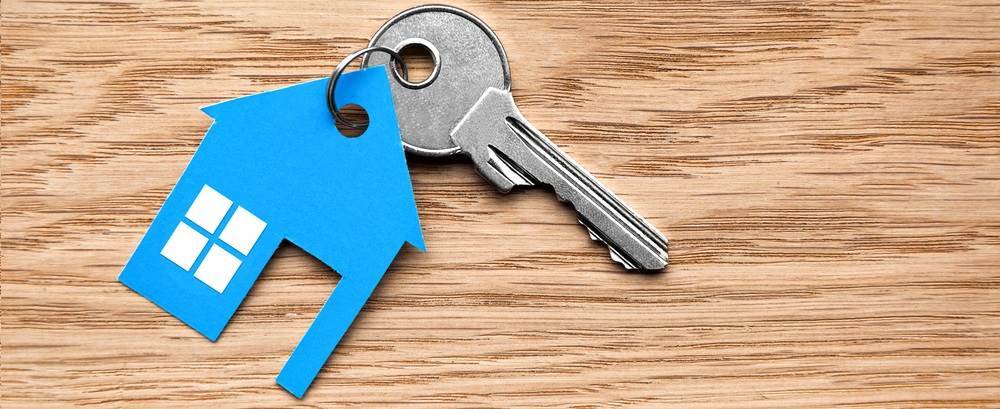
Checking the property: what you should check after buying your home
For many, the first days after getting the keys to your new property are a whirlwind. You’ve got lots of boxes to unpack, you’re enjoying the space and there’s a thrill of excitement every time you step in the front door. Whether you have bought a brand new home from the builder or one that has been in existence for a hundred years or more, you should consider some basic checks, as soon as you can, after taking possession of the keys.
If you have bought a new house, then you may be unfortunate enough to be in the developer’s standard missive, with very restricted right of comeback when faults arise. Builders’ and developers’ missives are a subject for a different article – this will deal with the purchase of an existing dwelling.
Now, nearly all sales are contracted on “Scottish Standard Conditions” a set of contract terms that have evolved from the experiences of practitioners over the nation (Scotland) and become widely adopted as a reasonable balance between the competing rights of sellers and buyers. Regional variations can occur, however. For example, in the central belt it is routine for every system in a dwelling to be warranted as in good working order, whereas in the NE, we routinely warrant only the central heating system.
It is important to know, before you tie up your purchase contract, just what you are obtaining as means of redress in the event you find something unexpected when you move in. I think most first time purchasers might be surprised just how little “come back” is available to a purchaser after handing over the price. There is more statutory consumer protection given when one purchases a tube of toothpaste then when we buy a house. Surprising?
The system generally works well because purchasers have the opportunity to scrutinise the Property Questionnaire and survey report in the home report for each property. If the seller does not answer the queries in the PQ in an informative way, you should, perhaps, be cautious. What does the survey report say about the general condition of the property? Lastly, you should take care when viewing, to have a thorough at the interior, exterior and any mutual areas..
Dwellings are complex machines with several systems installed - gas, electricity water, drains and so on. It should not need stating that almost all houses have minor defects at any given time. A radiator valve that sticks, or leaks, a lock that is stiff, a cistern that does not flush properly – these are to be expected.
So, do not expect to be able to hold the seller to a high standard of responsibility if you find defects in your new home. Before you buy, have a good discussion with your solicitor to discover what is and, more importantly, what is not, covered in the missives.
Anyone who thinks buying a new house will avoid any such issue is, I regret to say, misinformed – but that will be the topic for another post.

